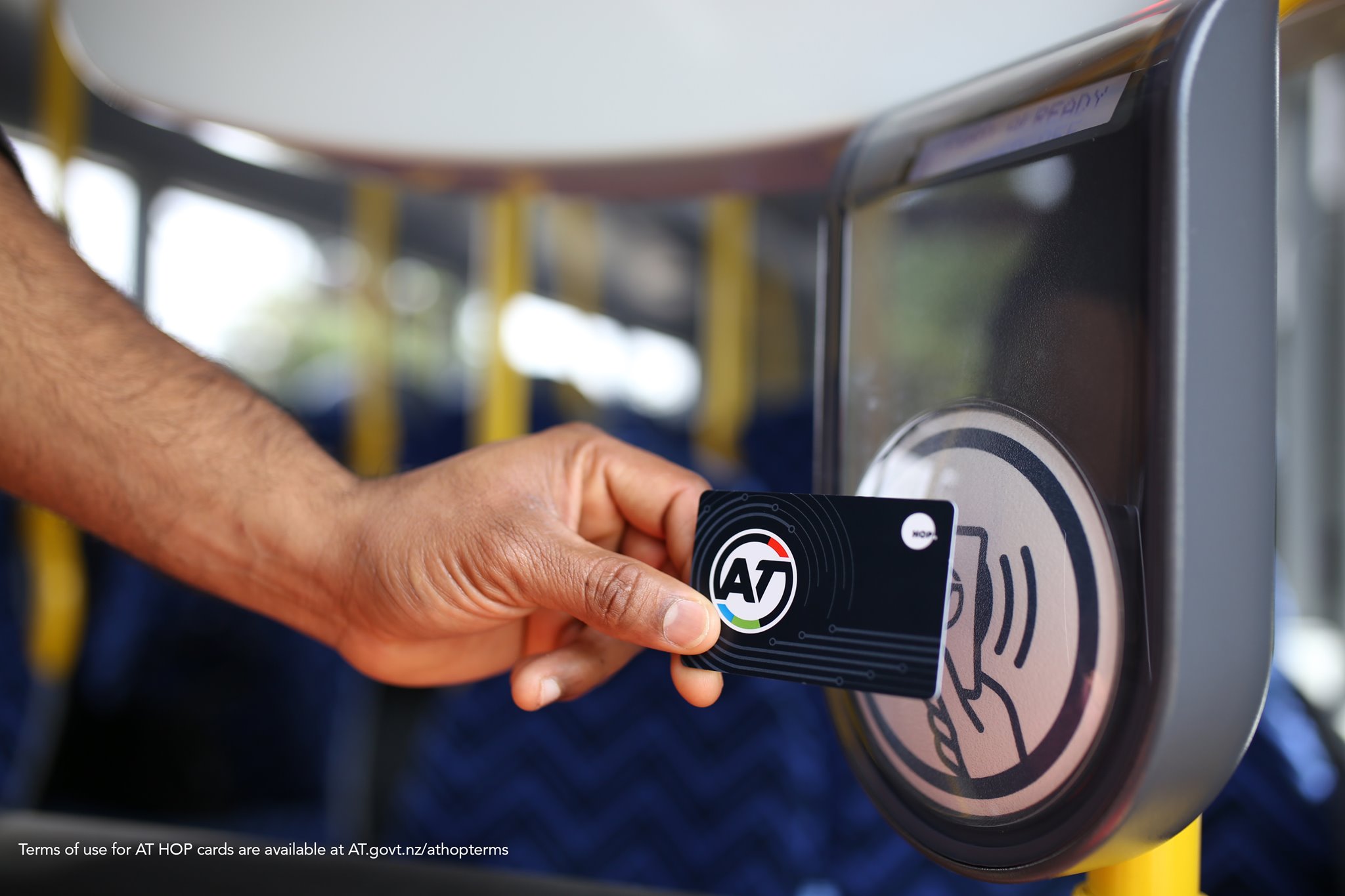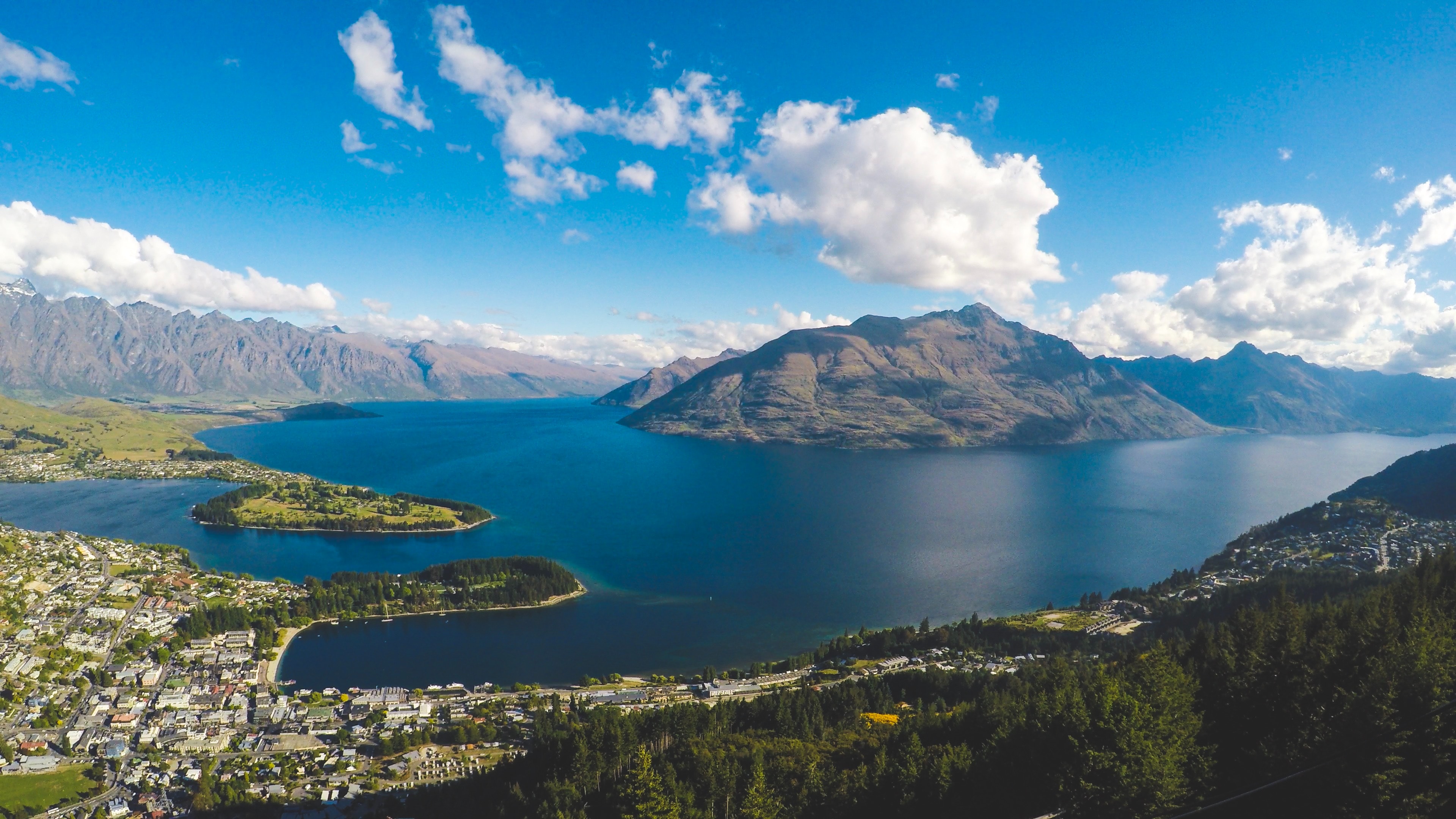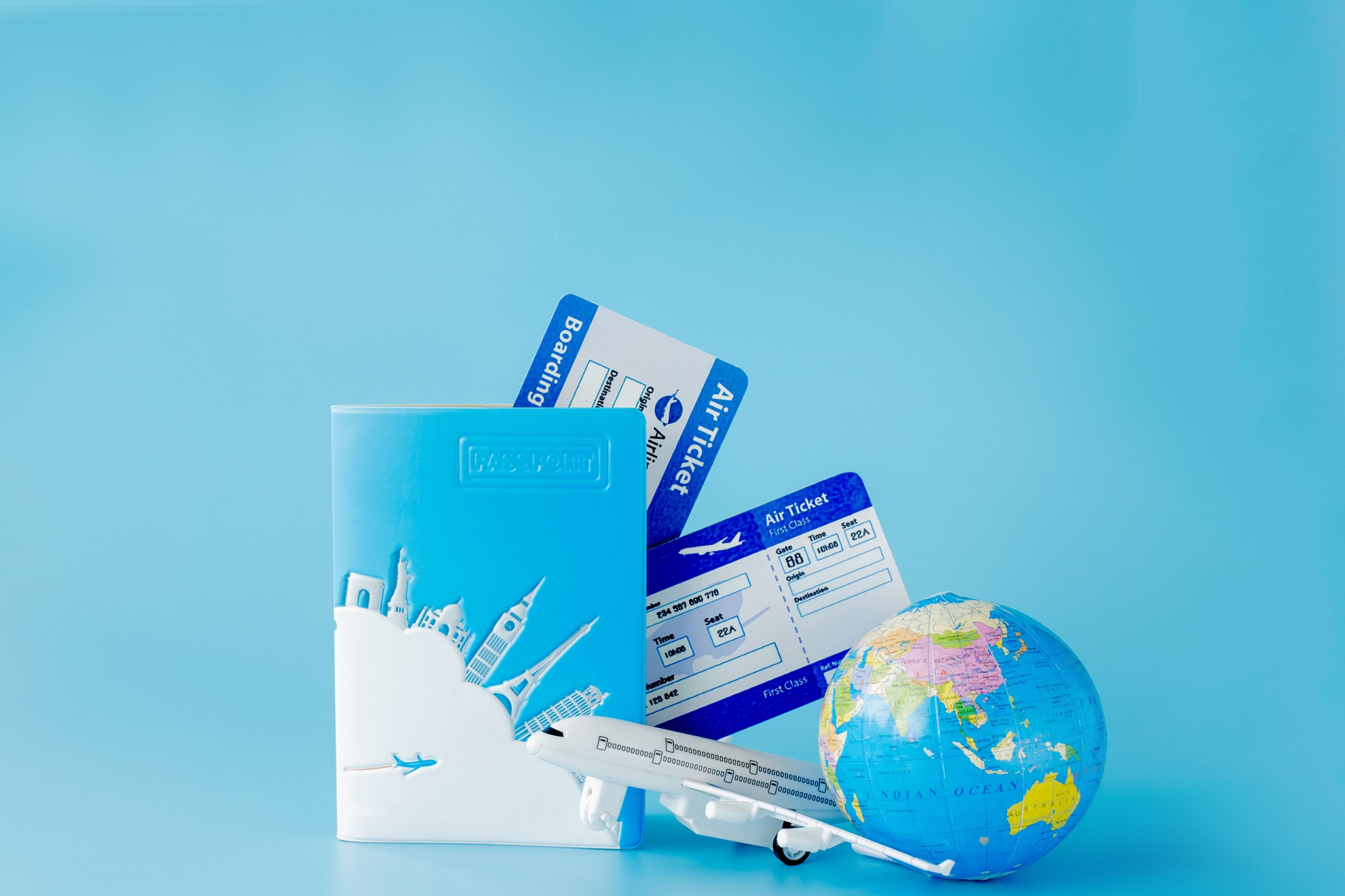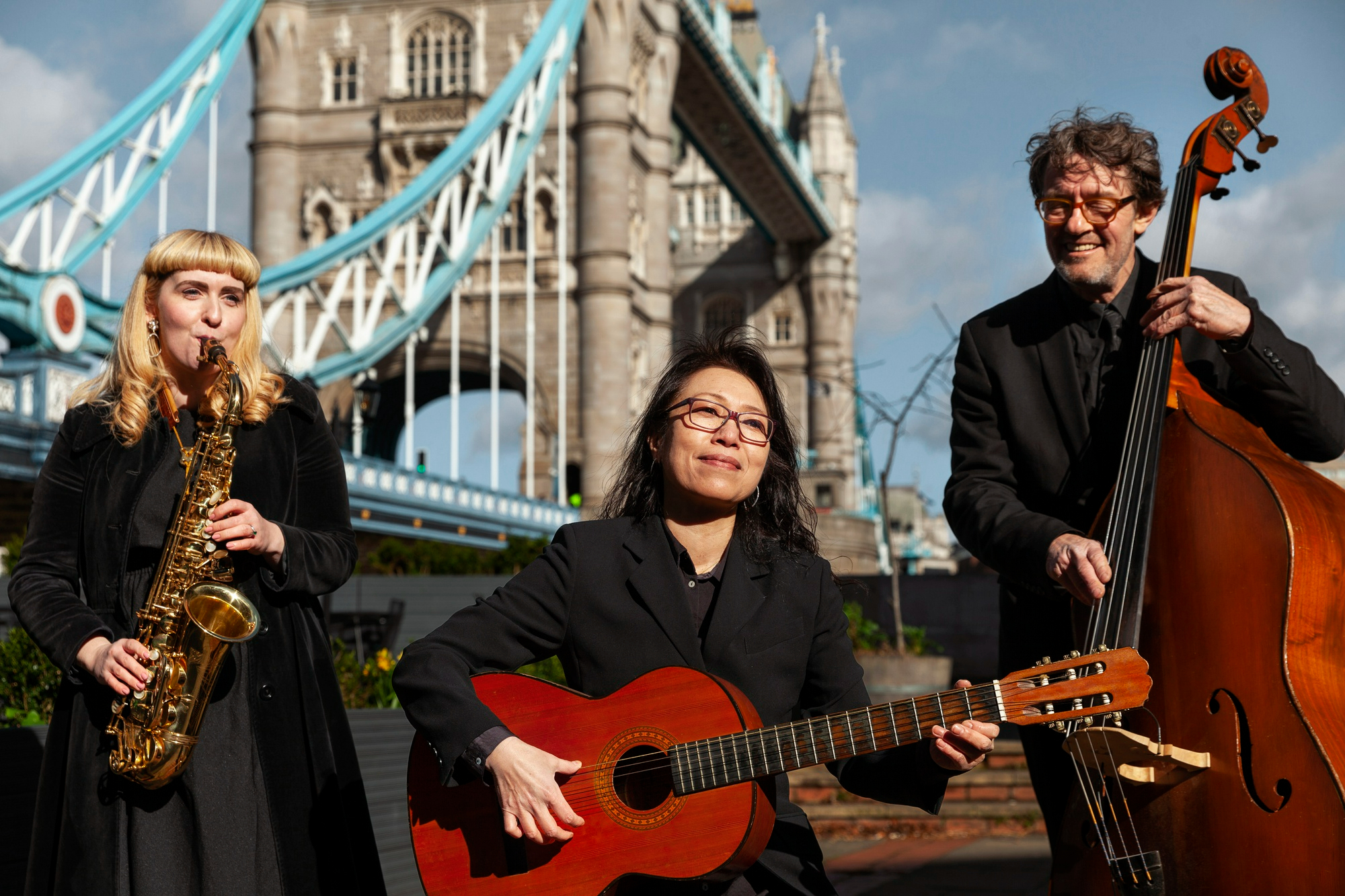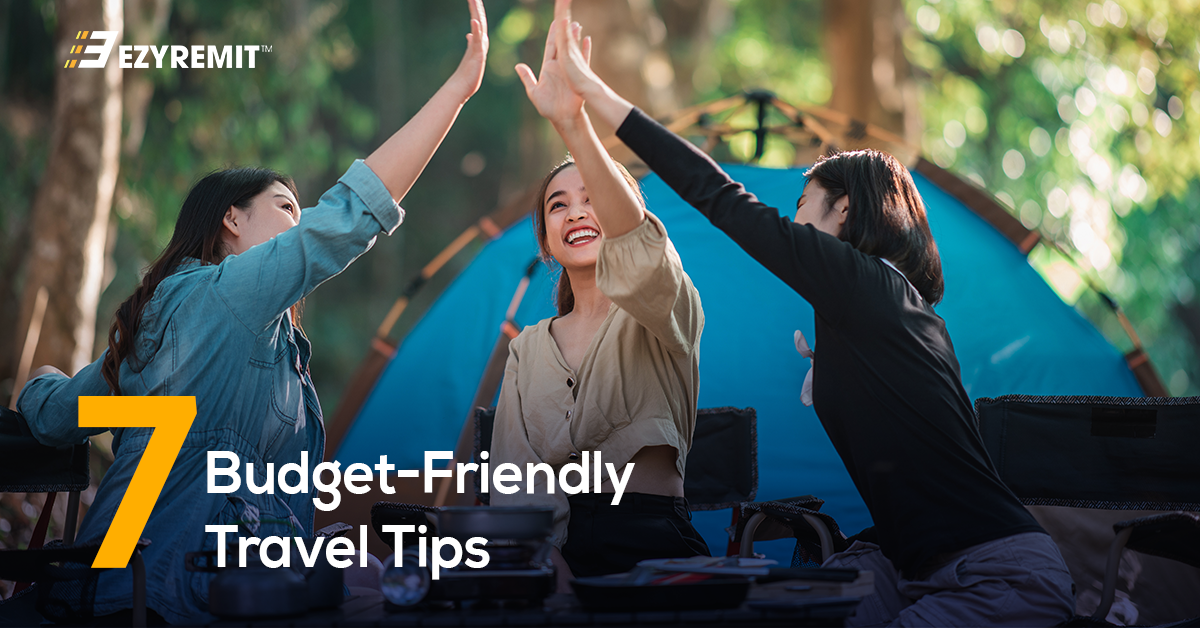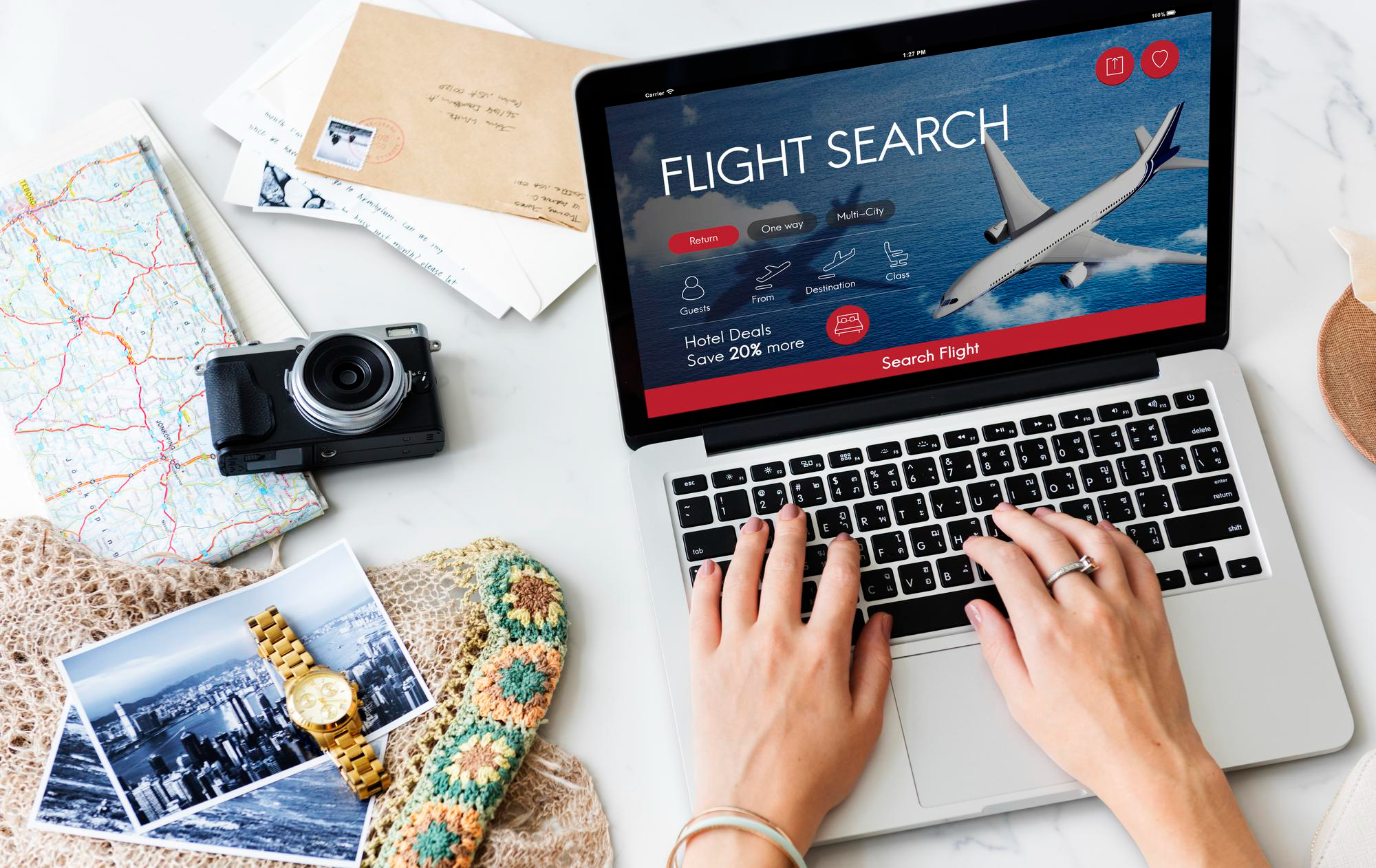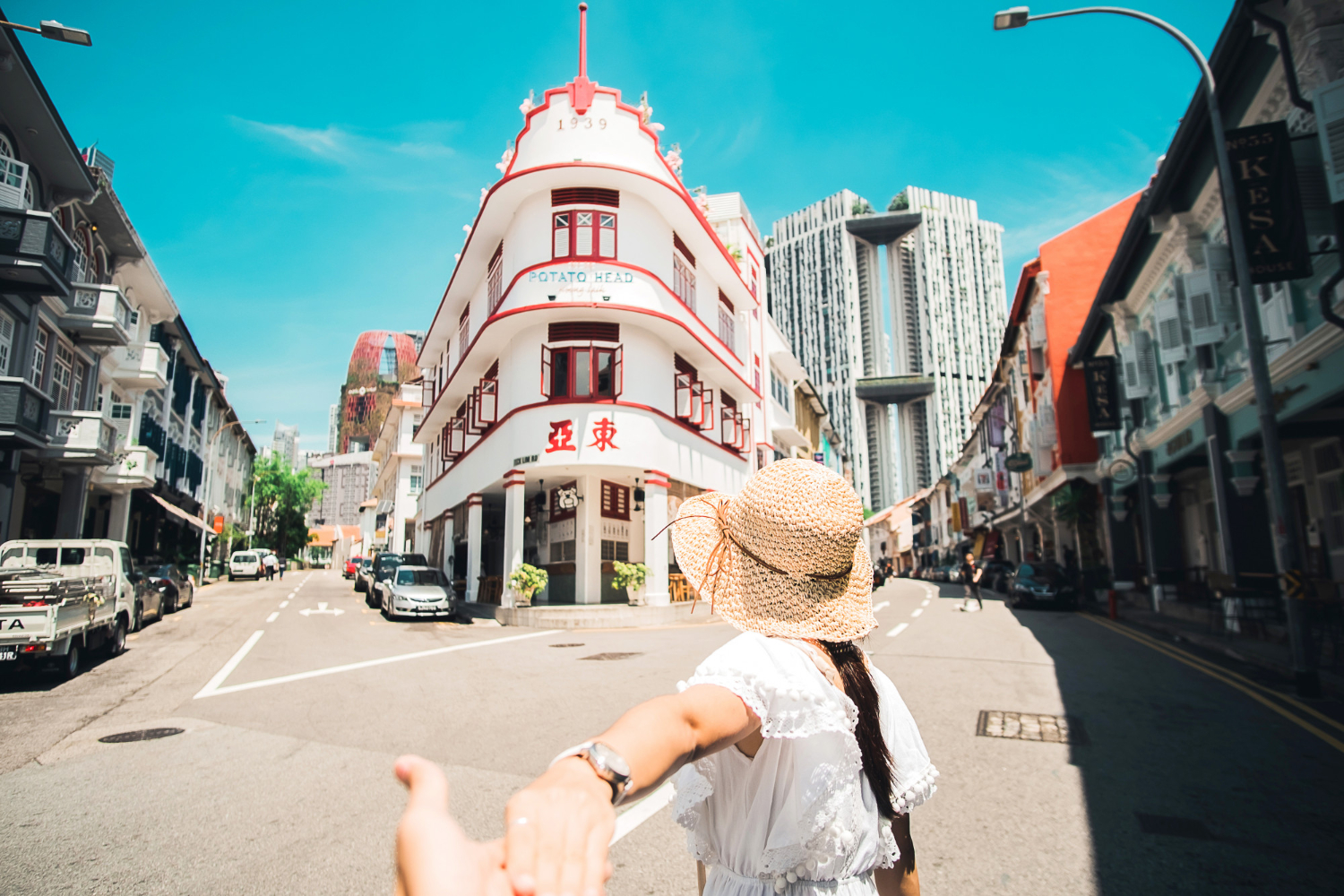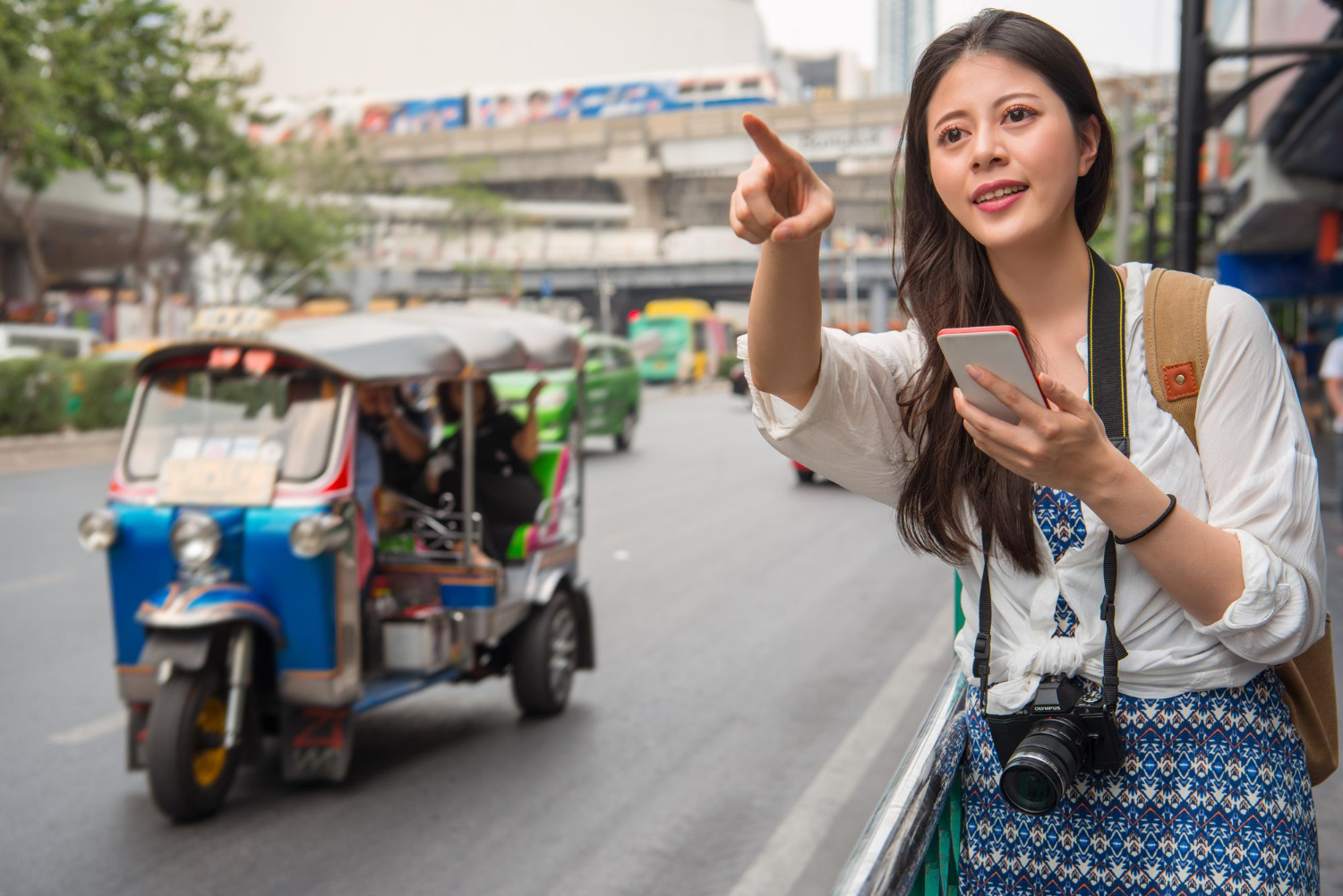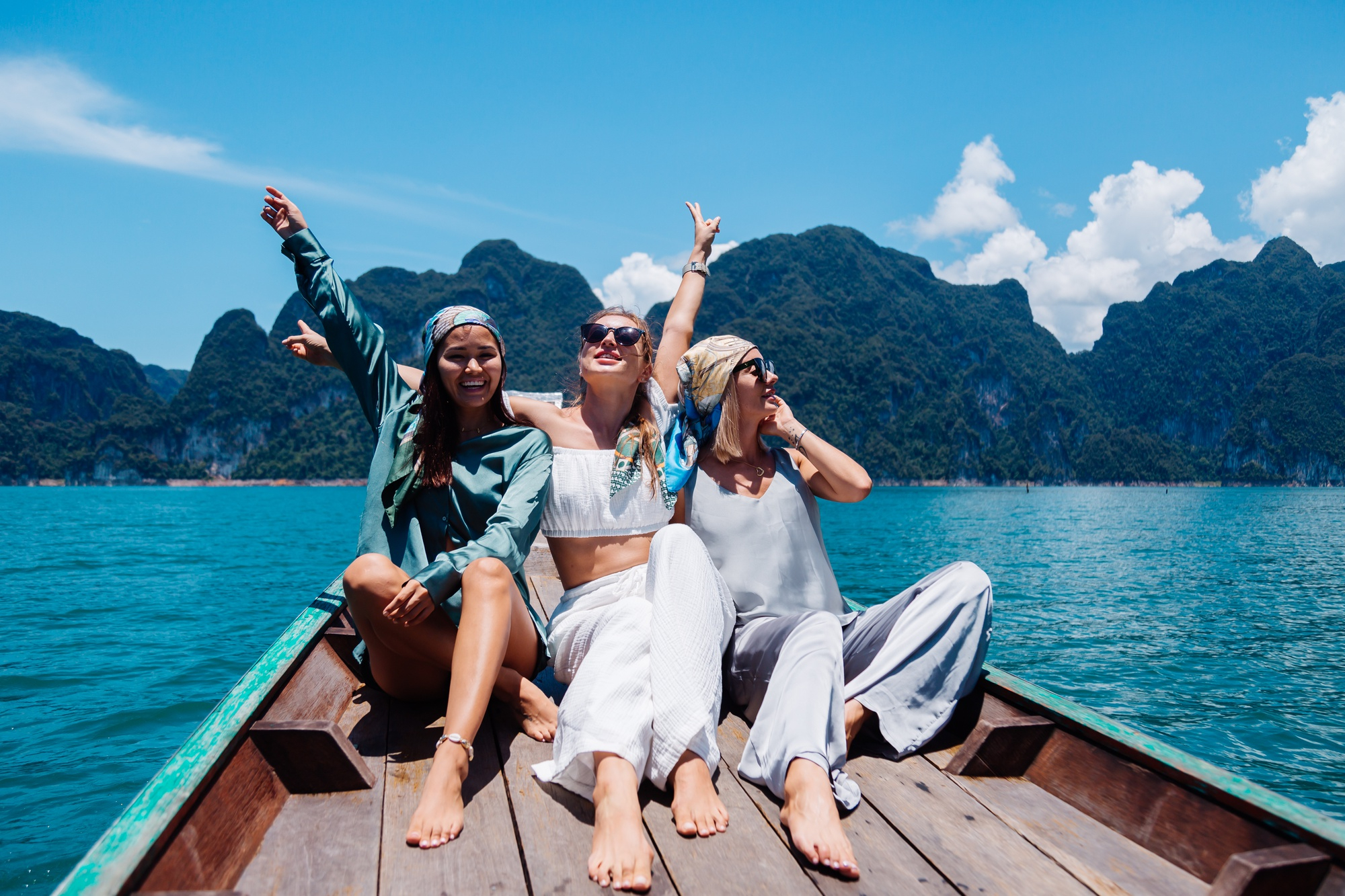Sustainable Wanderlust: Exploring the World Through Eco-Friendly Travel
What Is an Eco-friendly Travel Trip and Why It Matters
Eco-friendly travel is more than just a buzzword. It is a way of traveling that minimizes your environmental impact and maximizes your positive contribution to the places you visit. Eco travel is not only good for the planet, but also for your personal growth, as you get to experience new cultures, landscapes, and wildlife in a respectful and meaningful way.
According to Statista (2023), the market size of the ecotourism sector worldwide was 181.1 billion U.S. dollars in 2019 and was forecast to increase to 333.8 billion U.S. dollars by 2027. As of February 2022, 81% of travelers worldwide believe that sustainable travel is important
Figure 1 Share of travelers that believe sustainable travel is important worldwide in 2022
The pandemic has made many travelers more aware of the environmental and social impacts of tourism, and more willing to adopt sustainable practices. But how do you plan an eco-friendly trip in 2023? With so many options and factors to consider, it can be overwhelming to find the best travel company, destination, and activities that suit your budget, preferences, and values. Here are some tips to help you plan an eco-travel adventure that you will never forget.
How To Be an Eco-friendly Traveler
1. Choose Green Accommodations
When selecting accommodations, look for eco-friendly options that demonstrate a commitment to sustainability. This might include features such as energy-efficient lighting, water-saving fixtures, and eco-friendly toiletries. Choose hotels that participate in towel and linen reuse programs, reducing water and energy consumption. By supporting such establishments, you're encouraging the hospitality industry to adopt greener practices.
The best way to choose is to research the eco-certifications and confirm if accommodations with recognized eco-certifications such as LEED (Leadership in Energy and Environmental Design), or Green Globe. These certifications ensure that the establishment meets specific environmental standards. Meanwhile, before making a reservation, you can contact the accommodation directly and inquire about their sustainability practices. Ask about their waste management, energy conservation, and community involvement initiatives to ensure they align with your values, etc.
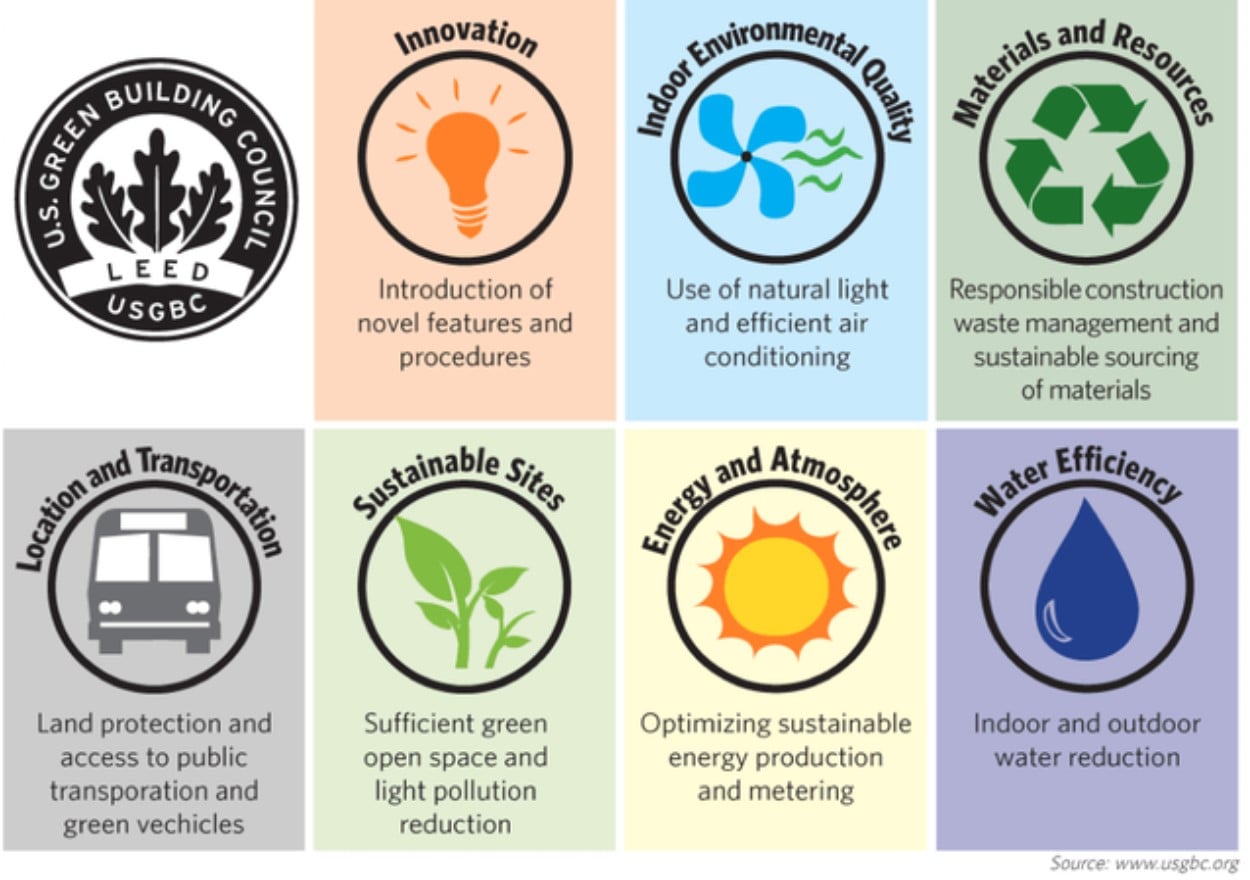
Source: LEED (Leadership in Energy and Environmental Design)
2. Pack Light and Mindfully
Packing light not only eases your travel experience but also reduces the fuel consumption of the transportation you use. Every kilogram matters, especially during air travel. Pack versatile clothing items that you can mix and match and consider the climate of your destination to avoid overpacking. This approach not only benefits the environment but also makes your travel more convenient and enjoyable.
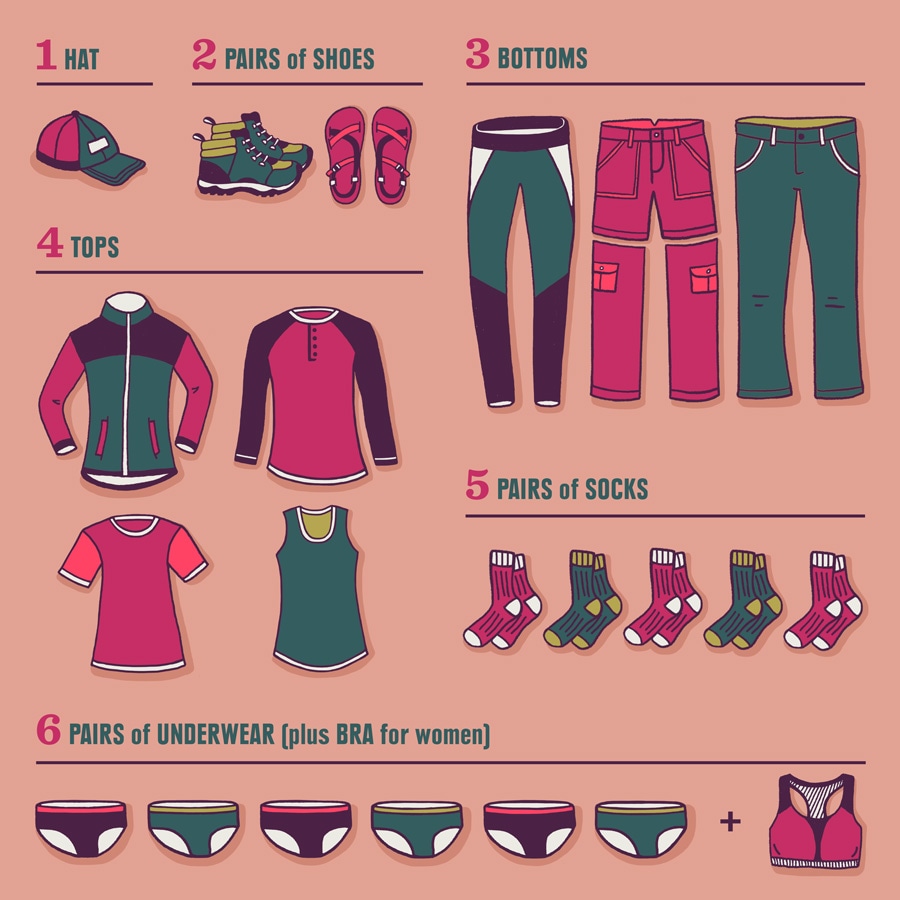
Source: Rei.com
Read to learn more about packing light tips: https://www.rei.com/learn/expert-advice/traveling-light.html
3. Embrace Sustainable Transportation
Opt for sustainable transportation modes that align with your travel plans. Trains and buses are often more energy-efficient than planes, and they offer the opportunity to enjoy scenic views along the way. If you're driving, maintain a steady speed and keep your vehicle properly maintained to maximize fuel efficiency. Carpooling with fellow travelers can also significantly reduce emissions.

4. Support Local and Sustainable Cuisine
Exploring local cuisines is a delightful part of traveling. Seek out eateries that source their ingredients locally, supporting regional farmers and reducing the carbon footprint of food transport. Embrace plant-based or vegetarian options, as the production of meat often has a larger environmental impact. Engaging with local food culture not only benefits the environment but also enriches your travel experience.

Source: United Nation
Learn more about sustainable food and agriculture: https://www.fao.org/sustainability/background/en/
Get the list of sustainable cuisine in Australia: https://www.sustainablecuisine.com.au/
5. Reduce Plastic Usage
Carry a reusable water bottle and a set of utensils wherever you go. This helps you avoid single-use plastics, which contributes to the growing plastic pollution crisis. Refuse plastic straws and opt for metal or bamboo alternatives. Many destinations now have refill stations, making it easier to stay hydrated without relying on disposable bottles.

6. Respect Wildlife and Nature
When encountering wildlife and natural habitats, be an observer rather than a disruptor. Keep a safe distance to avoid stressing animals, and avoid touching or feeding them, as this can interfere with their natural behaviors. Stick to designated trails to prevent soil erosion and habitat degradation. Responsible behavior ensures the protection of fragile ecosystems for generations to come.
It's crucial to stay away from those programs for international tourists that are considered animal abuse activities, such as elephant riding, elephant circus, etc.
7. Conserve Energy and Resources
Treat your accommodation as a valuable resource. Turn off lights, air conditioning, and electronics when leaving your room. Unplug chargers when they're not in use to prevent "phantom" energy consumption. Take shorter showers to conserve water and consider reusing towels to minimize the need for frequent washing. These simple actions collectively make a significant impact.
About 'Phantom' energy consumption: Phantom energy consumption is the energy that is wasted by electronic devices when they are not in active use but are still plugged in. It is also known as standby power, vampire power, or phantom load. Phantom energy consumption can account for a significant portion of your electric bill. Examples of devices that consume phantom energy include alarm clocks, televisions, and kitchen appliances.
Some of the factors that contribute to the rise of phantom energy consumption are the increasing number of always-on electronics in homes, such as smart TVs, computers, security cameras, and wireless printers. These devices continuously draw a small amount of power even when they are turned off or in standby mode.

8. Engage with Local Communities
Immerse yourself in the local culture by interacting with locals respectfully. Learn a few phrases in the local language and engage in conversations that promote cultural exchange. When shopping for souvenirs, choose locally made crafts and products that support the livelihoods of community members. By forging these connections, you contribute to the preservation of cultural heritage.
9. Choose Eco-Friendly Activities
When participating in activities, prioritize those that have minimal impact on the environment. Consider exploring national parks, wildlife reserves, or marine sanctuaries that emphasize education and conservation. Opt for tour operators that follow sustainable guidelines, provide eco-friendly transportation options, and limit group sizes to minimize ecological disruption.

10. Leave No Trace
Adhering to the principle of "Leave No Trace" ensures that you leave natural and cultural sites untouched by your presence. Pack out all your trash, avoid picking plants or disturbing wildlife, and refrain from graffiti or other forms of defacement. By leaving these places as you found them, you contribute to the preservation of their beauty and integrity.


Conclusion
Eco-friendly travel is not only a responsible choice but also a rewarding one. Incorporating these personal behaviors into your travel routine can transform your journeys into opportunities for positive change.
By making conscious choices that prioritize the environment and local communities, you contribute to a more sustainable and responsible tourism industry. Your actions have the power to inspire others to follow suit, ensuring that the wonders of the world remain accessible to future generations.






